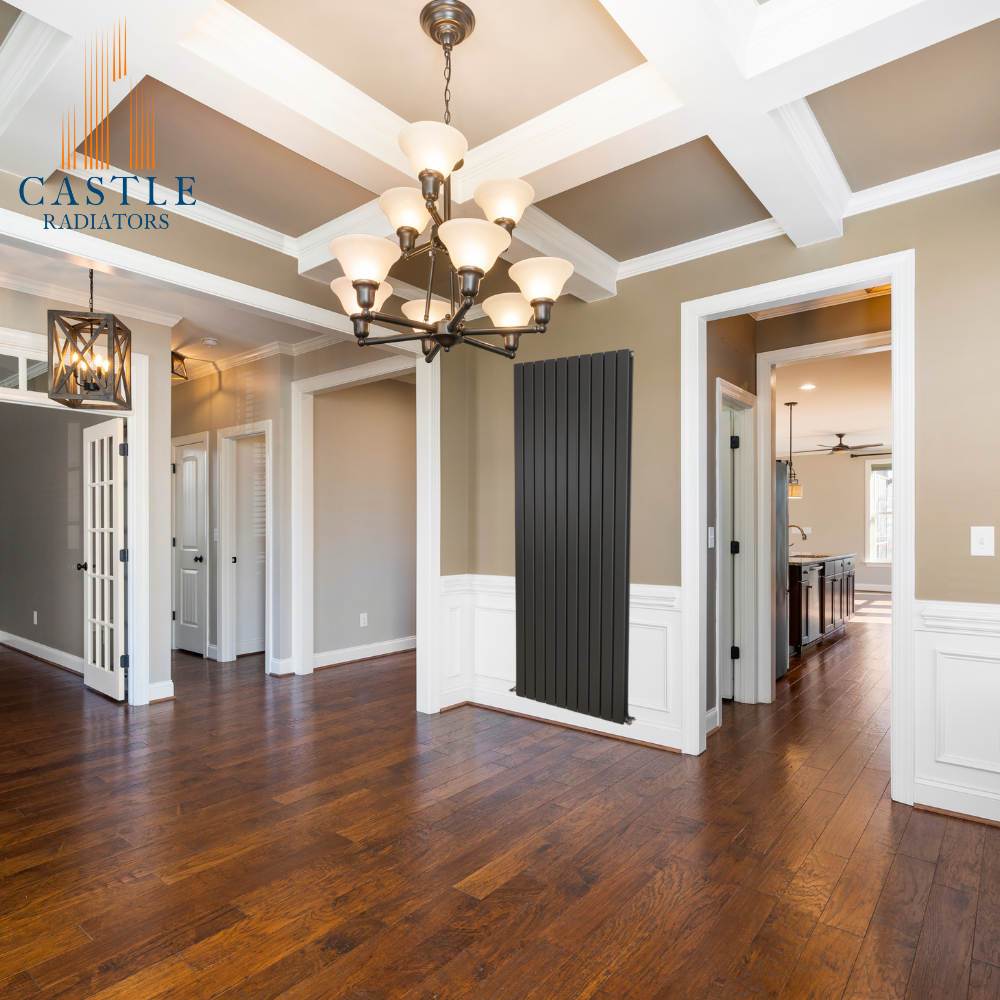
Radiators play a key role in keeping your home warm, but older models can become less efficient over time.
As they lose efficiency, your heating system has to work harder, which not only increases your energy bills but your carbon footprint as well.
In this blog, we will break down some key questions around radiator efficiency, to help you decide whether or not you:
Older radiators often struggle to deliver. They heat up slowly, create frustrating cold spots, and force your boiler to work harder than necessary. Modern radiators, however, are designed to heat up quickly and distribute warmth evenly, ensuring every room in your home feels comfortable.
Efficiency is where modern radiators really shine. Many new models are up to 50% more energy efficient than older ones, which can lead to substantial savings on your heating bills. Beyond the financial benefits, using less energy also means reducing your environmental impact—a win for both you and the planet.
Aesthetic improvements are another advantage. Today’s radiators are far sleeker and more compact, making it easier to fit them into your home without compromising on style. In fact, many modern designs can enhance your décor, turning what used to be a bulky necessity into a subtle design feature.
Maintenance is another area where modern radiators outclass their predecessors. Older models often require frequent attention, from bleeding air to dealing with rust and sludge build-up. Modern radiators are built to last, with fewer maintenance needs and far greater reliability over time.
In short, efficient radiators do more than just heat your home—they improve comfort, reduce energy costs, require less upkeep, and even contribute to a more sustainable future. If your current radiators are showing their age, upgrading to modern models could be a smart and worthwhile investment.
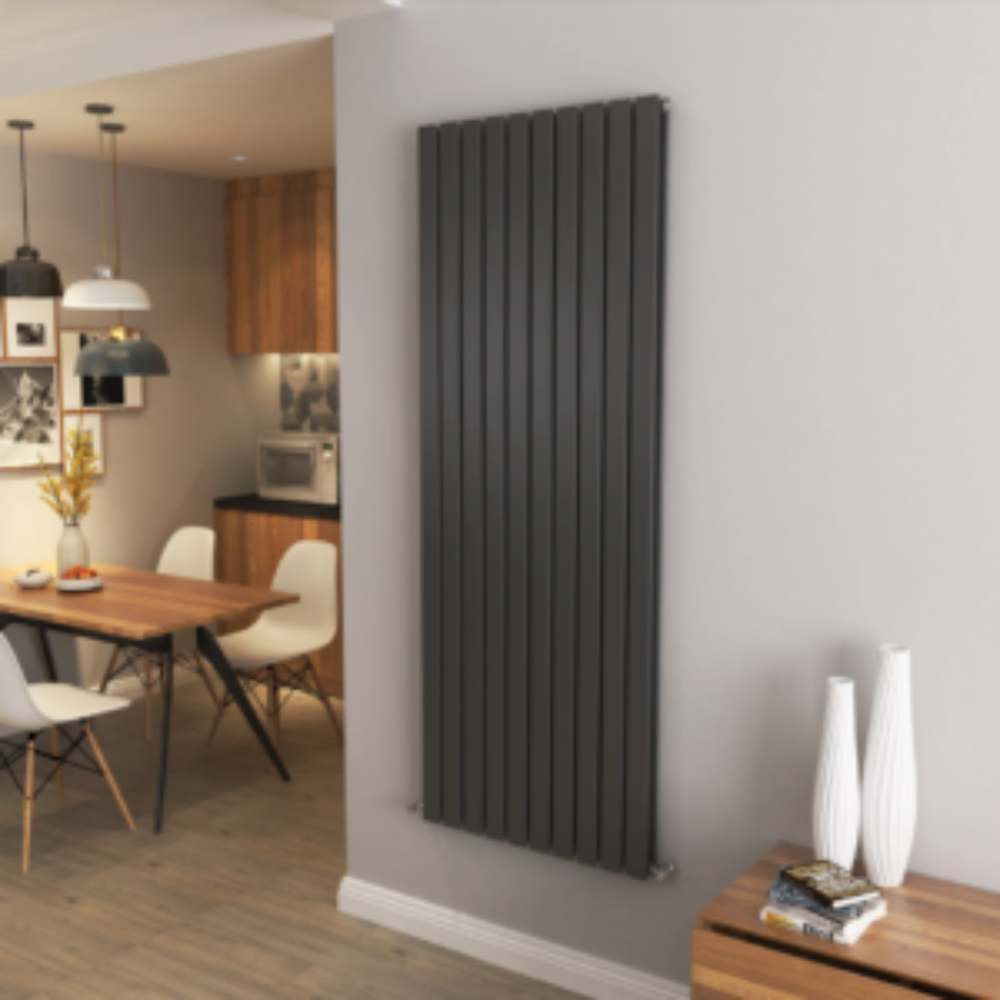
Replacing your radiators at the right time can significantly improve the efficiency and cost-effectiveness of your home.
There are several ideal situations to consider making the switch. If you’re renovating your home, it’s a great opportunity to replace your radiators if it has been a while. New models not only improve heating efficiency but can also enhance your updated space with modern designs that better fit your homes décor.
If you’ve noticed that your radiators are taking longer to heat up or certain areas of your home remain cold, it could be a sign that they’re losing efficiency. In this case, replacing them will improve comfort and reduce heating bills.
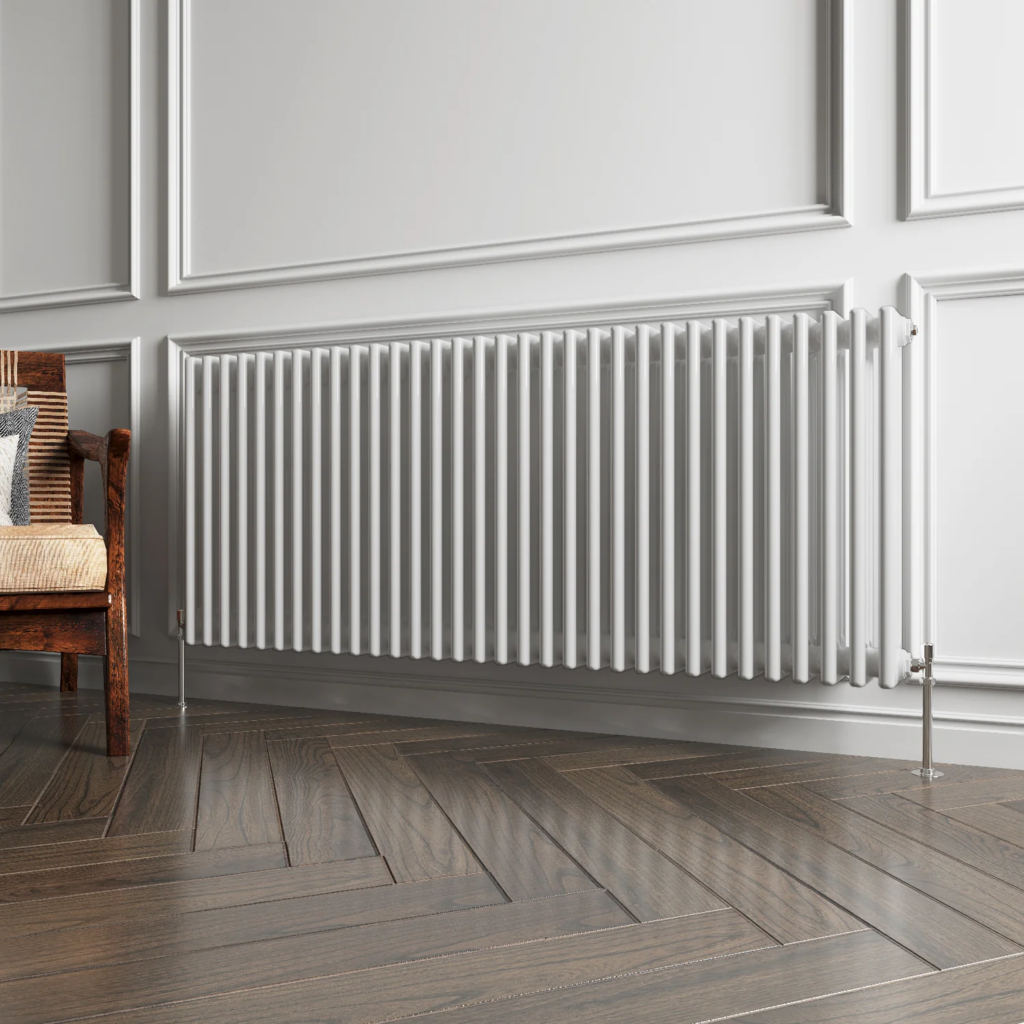
You should replace your radiator if it has leaks, persistent cold spots, or inefficiency despite regular maintenance. Upgrading is also recommended if it’s over 15 years old or incompatible with modern heating systems.
Summer is the best time to replace your radiator if possible. Heating systems are typically not in use, making the installation process more convenient and avoiding disruptions during colder months.
During this period, heating engineers typically have quieter schedules, making it easier to book a convenient installation. Additionally, you’ll have your new system ready for the colder months.
If you’re upgrading your boiler, it’s also a good time to replace your radiators. New radiators paired with an updated boiler work together more efficiently, saving you money in the long run.
Visible signs of damage, such as rust, leaks, or unusual noises, are another indication that your radiators may no longer be functioning properly. Replacing them early can prevent further issues and ensure your home stays warm.
Radiators typically last 15-20 years, but you should consider replacing them sooner if they show signs of inefficiency, leaks, or damage. Regular maintenance can help extend their lifespan.
We recommend having a professional heating engineer review your radiators to help determine the best decision moving forward.
In summary, replacing your radiators at the right time — whether during renovations, when performance drops, or in the summer — helps ensure your heating system is efficient and ready for the colder months of the year.
Yes, new radiators can help reduce your energy costs. Modern radiators are designed to be more efficient, using less energy and ultimately leading to lower heating bills. One way they achieve this is through improved heat distribution.
New radiators heat your home more evenly and quickly, meaning your heating system doesn’t need to work as hard to reach the desired temperature, which reduces energy consumption while keeping your home comfortable.
Additionally, modern radiators retain heat better than older models, preventing wasted energy. With improved materials and design, they keep warmth in the room longer, so you don’t need to constantly adjust the thermostat.
Many new radiators also feature thermostatic valves, giving you better control over the temperature in each room, which helps prevent energy waste by only heating the spaces you actually use.
In short, new radiators help reduce energy costs by improving heat efficiency, reducing heat loss and offering better control over room temperatures, which leads to less energy use and lower heating bills.
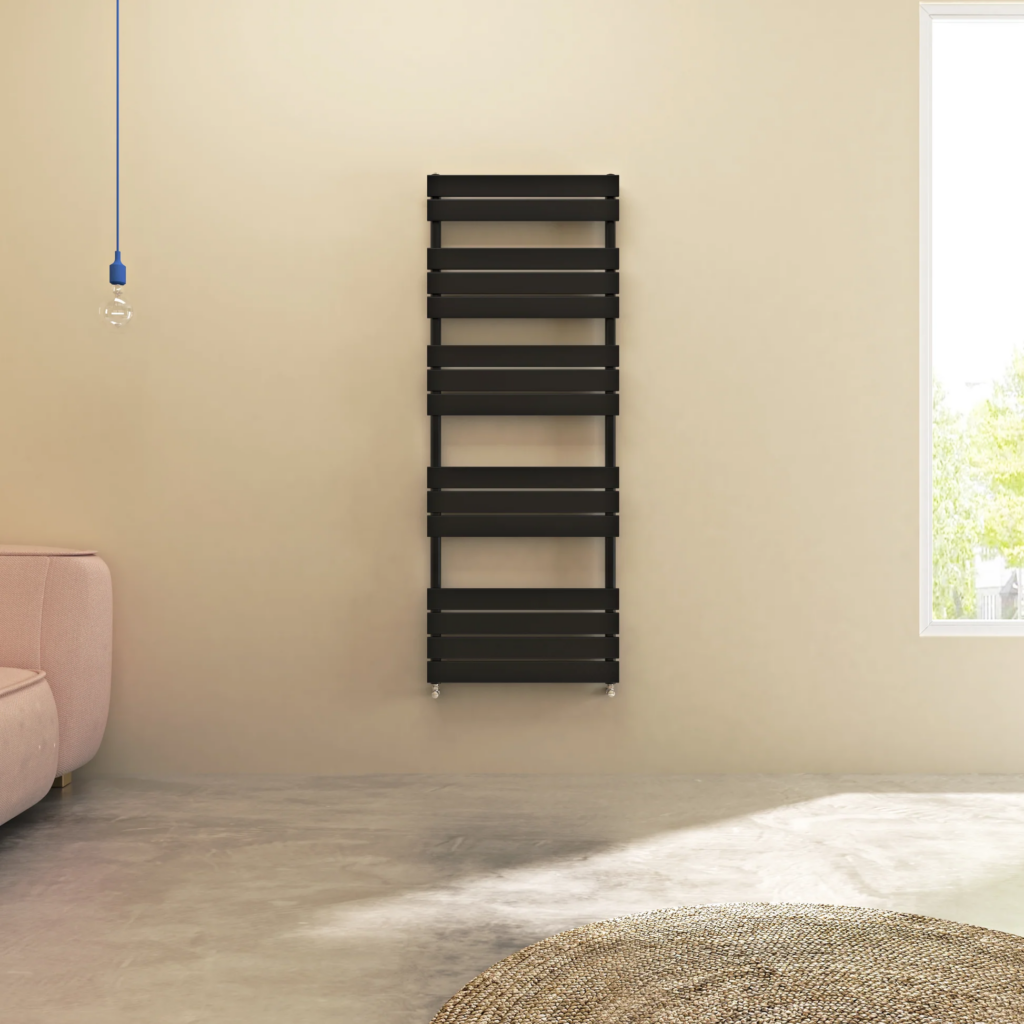
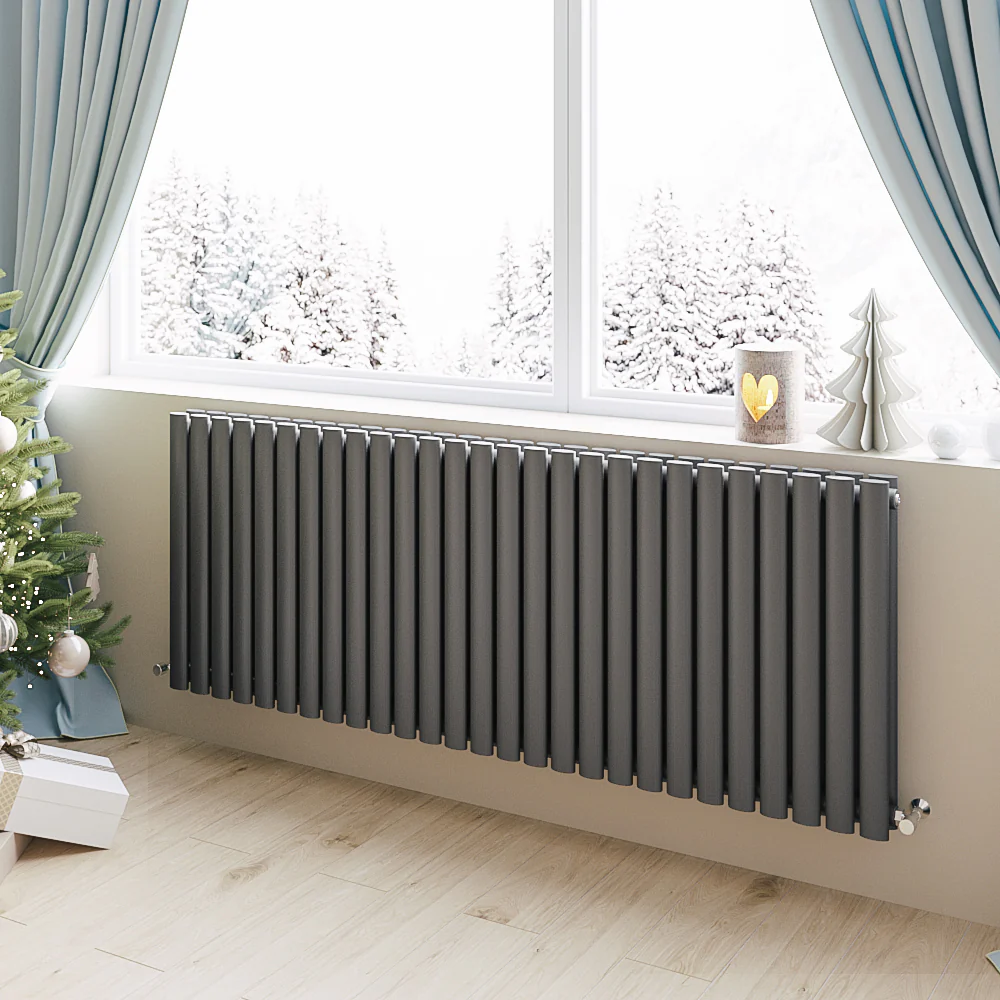
Smart thermostats and accessories have made home heating more efficient, easier to control, and cost-effective. These devices offer features like personalized heating schedules, room-specific temperature control, and compatibility with modern heating systems to reduce energy use and costs.
The Nest Learning Thermostat (Generation 3) adapts to your heating habits using features such as geo-fencing, which adjusts settings based on your location and local weather. It learns your preferences to predict and optimize heating schedules, while monthly reports provide a clear view of energy use. The Nest system integrates with other Nest devices, like smoke alarms, and offers convenient control through a smartphone app or manually. However, it does not support OpenTherm or smart radiator thermostats, which limits its ability to manage zoned heating efficiently.
The Tado V3 Smart Thermostat provides more flexibility for heating management. It supports Smart Radiator Valves (TRVs) for individual room temperature control, and its European version works with OpenTherm for improved boiler efficiency. Its window detection feature further reduces energy waste by adjusting heating when a window is open. Tado’s TRVs enable tailored heating for specific rooms, which minimizes energy use in unused spaces and optimizes comfort in active areas.
Other systems, such as Honeywell Evo Home and Drayton Wiser, offer reliable Smart TRV solutions with easy-to-use controls. When paired with OpenTherm-compatible boilers, like the Viessmann V100, these systems allow precise energy management by modulating boiler output efficiently.
Smart thermostats and TRVs can significantly lower energy use and improve comfort. For example, in a 3-bedroom home, TRVs can set bedrooms to 15°C during the day, 18–19°C at night, maintain living areas at 21°C during peak hours, and keep unused rooms at 17°C. This customized approach ensures efficient heating, lower costs, and a more sustainable home heating solution, making smart technology a practical upgrade for any household.
When it comes to home heating, upgrading to new radiators might feel like a big expense at first. However, the long-term advantages make it a smart investment that pays off in more ways than one. If your radiators are not performing, consider some of these key benefits you could receive:
When it comes to home heating, the idea of replacing radiators might not seem exciting, but it’s definitely worth thinking about—especially if yours are showing their age. Modern radiators come with a range of practical benefits that make them a solid long-term investment.
Say goodbye to cold spots and uneven heating. Modern radiators can ensure every room stays at a comfortable temperature, especially during those chilly winter months. Unlike older models that lose efficiency over time, new radiators work seamlessly with your heating system to keep your home consistently warm.
If you are also tired of bleeding air, fixing leaks, or dealing with sludge build-up, replacement is likely worth it.
Older radiators often demand frequent upkeep, while modern designs are built to last. They require less maintenance, saving you time, hassle, and money on repairs.
And let’s not forget the aesthetics. Today’s radiators aren’t just functional—they can actually look good too. With sleeker designs and a variety of finishes, they’re a subtle way to modernise your home without a full-blown renovation.
Plus, if you’re planning to sell in the future, upgraded radiators can add a little extra appeal for potential buyers.
So, are new radiators worth it? While the upfront cost might give you pause, the combination of energy savings, reduced maintenance, and better heating performance makes them a smart option to consider—especially if your current ones are past their prime.
In short, upgrading to modern radiators offers many advantages for your home, from improved efficiency and energy savings to enhanced comfort and reduced maintenance costs.
While the initial investment may seem significant, the long-term benefits—such as reduce heating bills, better heat distribution and a lower carbon footprint—make new radiators a smart and worthwhile option.
Whether you’re replacing outdated models, renovating your space or simply looking to improve your home’s heating system, the investment in energy-efficient radiators will not only help you save money but also provide consistent warmth and comfort for years to come.